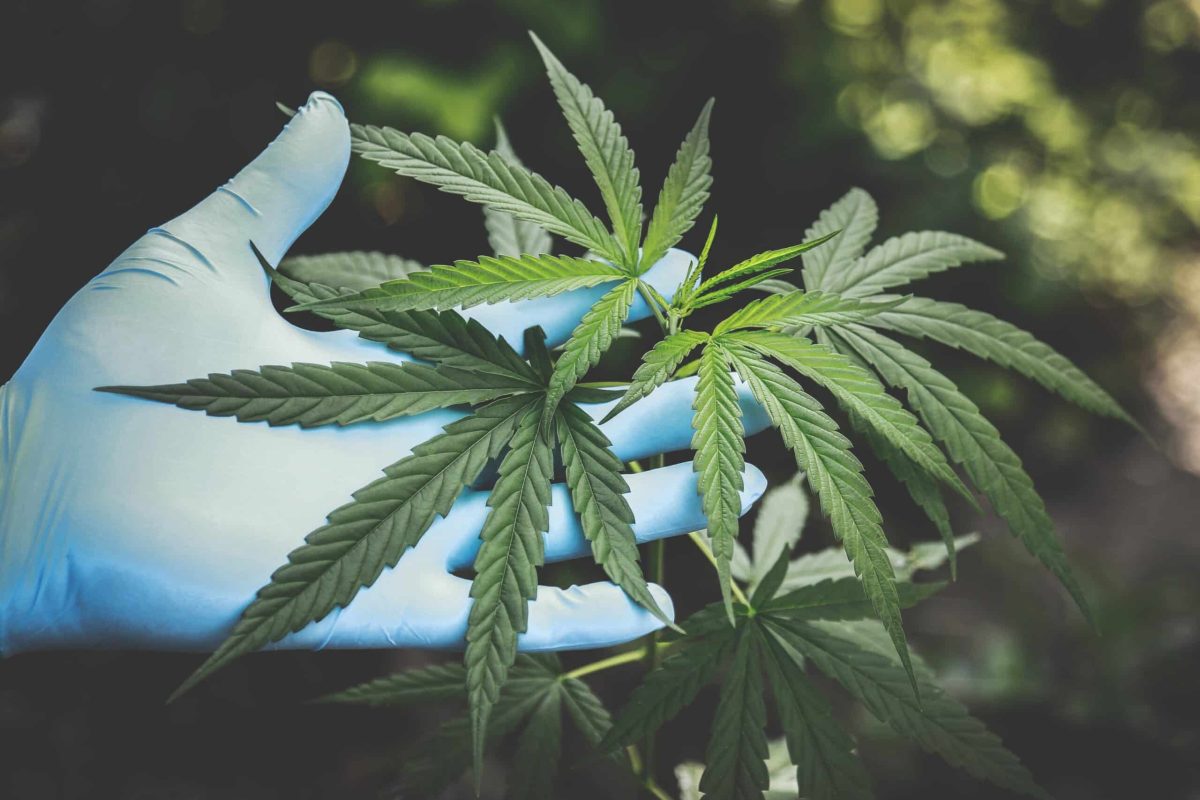Cannabis, CBD, Uncategorized
Cannabis and Time Perception: Why THC Can Stretch or Compress Moments
Cannabis has long been associated with its ability to alter the way people experience time. For some, a few minutes can feel like an eternity, while others may find hours slipping by unnoticed. This fascinating effect, often described as “time dilation” or “time compression,” is one of the most intriguing aspects of consuming THC, the primary psychoactive compound in cannabis. But why does cannabis change the way we perceive time, and what does science tell us about this phenomenon?
The Brain’s Internal Clock
Human beings have an internal system that helps track the passage of time. This isn’t a literal clock, but rather a complex network involving the prefrontal cortex, basal ganglia, hippocampus, and cerebellum. These regions help us process intervals, judge durations, and anticipate future moments.
When THC enters the body, it binds to cannabinoid receptors (particularly CB1 receptors) in these areas of the brain. By influencing the endocannabinoid system, THC disrupts the brain’s normal rhythm of processing sensory information and regulating attention. The result is a shift in how long events feel, either stretching them out or speeding them up.
Why Time Stretches Under THC
One of the most common effects reported by cannabis users is that time seems to slow down. A single song may feel unusually long, or a short conversation might feel extended. Researchers suggest several reasons for this:
- Increased Sensory Input: THC heightens awareness of sounds, sights, and sensations. Because the brain processes more details, moments may feel denser, making time appear elongated.
- Shift in Attention: Cannabis can narrow focus to the present moment. This intense attention makes each second feel more significant, extending the subjective experience of time.
- Altered Dopamine Levels: THC’s influence on dopamine—the neurotransmitter linked with reward and motivation—can also modulate how we perceive the passage of time.
When Time Feels Compressed
Interestingly, THC doesn’t always make time feel slower. Many users also report the opposite effect: hours slipping away unnoticed during a session, creative project, or social experience. This compression of time often occurs when cannabis is combined with immersive activities, such as listening to music, gaming, or engaging in creative work.
In this state, THC may reduce awareness of external markers of time—like clocks, daylight changes, or routine signals—while enhancing flow and immersion. The result is a distorted sense of time moving faster than it actually is.
The Role of Dosage and Strain
Not all cannabis experiences affect time perception in the same way. The impact often depends on the strain, dosage, and individual tolerance:
- Low to Moderate Doses: These often lead to time dilation, where minutes feel extended and experiences become more detailed.
- High Doses: With stronger THC effects, many users experience disconnection from time altogether, leading to long stretches of “lost” time.
- Strain Differences: Sativa-dominant strains are more commonly associated with heightened awareness and elongated experiences, while indica strains may create a more sedated state where time passes unnoticed.
Individual Differences
Just as no two cannabis experiences are identical, the perception of time can vary widely between individuals. Factors such as brain chemistry, tolerance, mental state, and setting all contribute to how THC alters temporal experience. For example, someone using cannabis in a social setting may perceive time differently than someone using it alone for relaxation or meditation.
Time Perception in Everyday Use
The way cannabis shifts time perception isn’t just a curiosity—it can shape real-world experiences. For artists, musicians, and writers, time dilation may enhance creativity by allowing deeper immersion in their craft. For those seeking relaxation, compressed time may make stressful days feel shorter and more manageable. However, for people in structured environments, like work or study, distorted time perception can interfere with productivity and focus.
What Science Still Doesn’t Know
While researchers understand some of the brain regions involved, the full mechanism of how THC alters time perception remains a mystery. Studies using functional imaging show altered activation in brain areas responsible for timing, but scientists are still working to map out the precise pathways. This makes cannabis an intriguing subject for both neuroscience and psychology, as it highlights the brain’s flexible relationship with time itself.
Conclusion
Cannabis has a unique ability to stretch or compress our perception of time, creating experiences where moments feel unusually rich or hours slip away unnoticed. This effect arises from THC’s interaction with the brain’s internal clock, dopamine regulation, and sensory processing. The outcome depends on dosage, strain, individual differences, and context.
Whether experienced as an expanded present moment or a compressed passage of hours, cannabis reveals something profound about human consciousness: time is not a fixed constant in our perception, but a fluid experience shaped by brain chemistry and awareness. THC simply provides a window into this hidden flexibility.

